
The conference is part of the BaltSe@nioR 2.0 project,
co-financed by the European Union (European Regional Development Fund),
within the INTERREG Baltic Sea Region Programme
Invitation
Ladies and gentlemen,
accessibility ensures that as many people as possible can benefit from services, products, therapeutic and rehabilitation programmes, cultural products, as well as organisational and social solutions. An accessible public space provides that persons with disabilities can be equal members of the community.
According to studies and estimations, around 30% of Polish society has permanent or temporary restrictions in their daily functioning – those diagnosed with disabilities (physical, sensory, mental), but also all who have found themselves in a difficult life situation. Older people constitute a particular group of public space users , in which the risk of functional limitations increases naturally with age. For all these groups, accessibility can be a crucial element in achieving good quality of life, best possible independence and inclusion in social life.
Access to and information about programmes, solutions, services or products, knowledge of their procedures, participation in and use should be a routine practice today. Universal solutions for the basic functioning of different people in the public space (accessible urban, national and international transport, streets and buildings without barriers, intelligent housing, the possibility of obtaining information and communication tailored to the characteristics of people using them), the universality of necessary competencies related to accessibility for all citizens and specialist competencies for professionals – do seem obvious. However, European public spaces still require some actions to improve their accessibility. The occupational therapist can (and should) play an essential role in this process – it is a profession that assists individuals and groups in their daily activities. Also, the complexity of human problems often requires interdisciplinary and interprofessional (often also international) cooperation – the creation of permanent and ad hoc teams that can jointly seek relevant and effective solutions.
The Poznan University of Medical Sciences, the Poznan University of Life Sciences and the SWPS University of Social Sciences and Humanities are pleased to invite you to participate in the 3rd International Scientific and Training Conference “Innovations in Occupational Therapy. Accessibility as a space for interdisciplinary and interprofessional cooperation”. The following issues will be the subject of our discussions:
- The complexity of accessibility as a social phenomenon
- Legal and organisational instruments of accessibility
- Universal design to increase accessibility
- Wood in public space
- Furniture increasing the accessibility of public spaces
- Examples of good practices promoting accessibility
- Academic preparation of an occupational therapist to increase accessibility
- The role of the occupational therapist in promoting and increasing accessibility
- Interdisciplinary and interprofessional cooperation on accessibility
The main objective of the conference is to popularise knowledge about accessibility, and also to exchange experiences and achievements of scientists and practitioners interested in this subject (in the aspects of health sciences, social sciences, design, architecture, and wood technology). It can be expected that the dissemination of this knowledge will not only lead to new directions of scientific research in the abovementioned areas but also support and increase both the competitiveness and innovativeness of industry, as well as the accessibility of cities and regions of the European Union, paying particular attention to the needs of older persons. An important aspect of the conference is to present and familiarise young scientists (therein, undergraduate and PhD students) with the theoretical, experimental and simulation methods used to study these issues.
Persons interested in participating are invited, from January 10 to February 12, 2020 (oral presentation or poster) or by February 15, 2020 (passive participation), to complete the application form, which is located in the “registration”
Participation in the conference is free of charge.
Honorary Patronage of the Conference
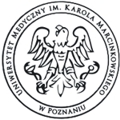
prof. dr hab. med. Andrzej Tykarski
Rektor of Poznań University
of Medical Sciences
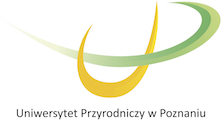
prof. dr hab. Jan Pikul
Rektor of Poznań University
of Life Sciences
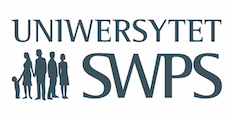
prof. dr hab. Roman Cieślak
Rektor of SWPS University
of Social Sciences and Humanities
Scientific Patronage of the Conference
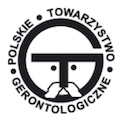
Polskie Towarzystwo Gerontologiczne
Oddział Poznański
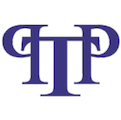
Polskie Towarzystwo Psychiatryczne
Sekcja Arteterapii
Educational Patronage of the Conference

Social Patronage of the Conference
- Parlamentarny Zespół ds. Osób Niepełnosprawnych
- Senacka Komisja Rodziny, Polityki Senioralnej i Społecznej
- Miasto Poznań
Sponsors, Exhibitors, Organising Partners



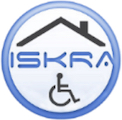
Stowarzyszenie na Rzecz
Osób Niepełnosprawnych
„Iskra”
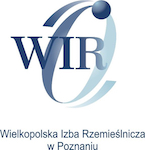
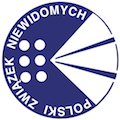
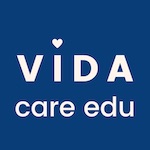
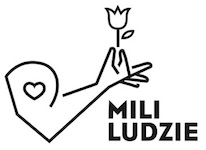
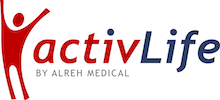
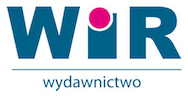
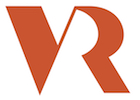
Media Patronage of the Conference



